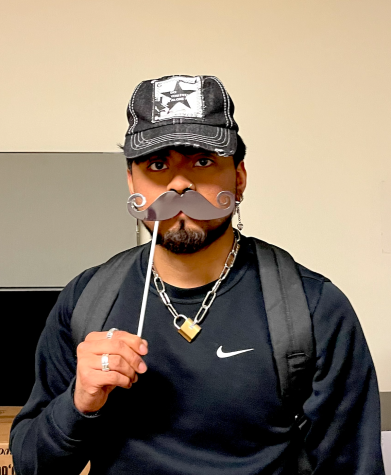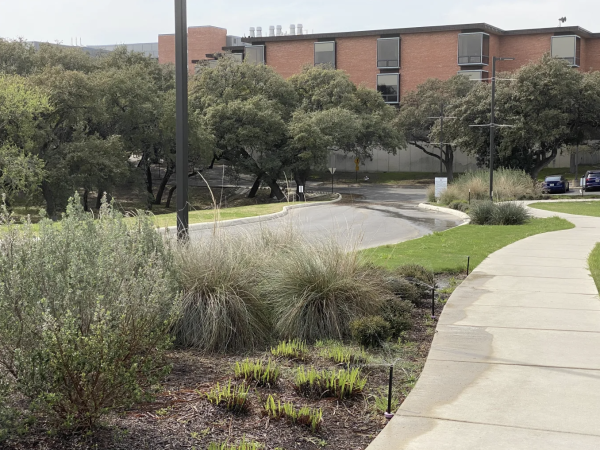‘Stress Less Week,’ it’s pretty stressful
For those unaware, this week is “Stress Less Week.” Some would argue that trying to force relaxation, in any context, is stressful in itself, especially when there’s so much to do. For those of us who have endured Zoom for over a year, our sprinkled “Spring Break” days have looked much more like reading days. Katherine Hewitt, Trinity’s Wellness Coordinator, along with a few others, have gathered some tips on how to cope with the infamous “Zoom fatigue.”
We do want to note, however, that these tips should not stand in place of institutional support, nor were they intended to. Based on research Hewitt and a few others shared, students, faculty, and staff have voiced some of their ups and downs about what is and isn’t working on Zoom.
Make time for stretches
While pre-pandemic university life involved movement between classes across campus, students today are faced with the challenge of sitting through back-to-back lectures. To get blood flowing and to loosen up, Hewitt suggests that students and professors take stretch breaks both between and during classes.
Incorporate breaks during meetings
Whether it’s for five minutes or 15, breaks during a meeting can prove useful to everyone. It allows for people to go to the bathroom, grab a quick snack, or move around their house. Plus, a break could allow students to re-energize and keep their focus on class content.
Camera usage should be flexible
If there’s more “flexibility and comfortability” with having either the video on or off, fatigue may be minimized. If students don’t want to see their own video, they can elect to “hide self-view.” This means they won’t be able to see themselves, but their classmates can still see them.
According to Hewitt’s findings, students find it harder to engage if their camera is turned off — keeping it tends to hold them accountable. Additionally, it can be hard for professors to keep an engaging environment if students aren’t keeping their video on. According to one person, it is “disappointing to enter a meeting as the only person with their video on.”
Alternate forms of collaboration
According to Hewitt’s research, students don’t mind break out rooms in lieu of doing class activities as a whole. If lectures are asynchronous, students prefer to watch them with a classmate or friend. Another person also suggested alternative forms of collaboration, like a common Google document.
Don’t set wild expectations
Setting high expectations during a time when it’s so much harder to meet them will only lead you to be disappointed at the end of the day. Hewitt suggests to “Do what you can.” Be sure to check in with yourself about how you’re feeling. If you think you need some form of mental health help, reach out to a trusted friend or professional.









